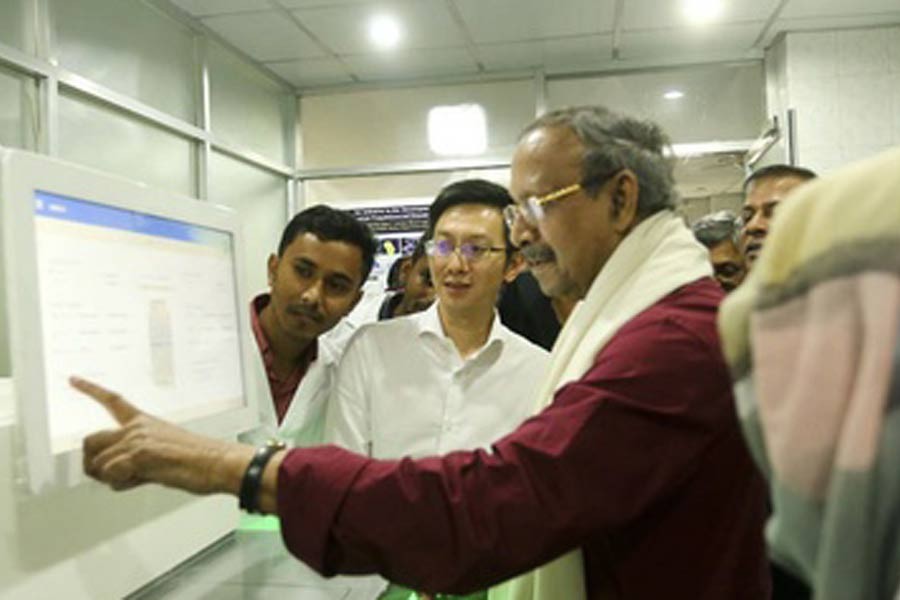
Published :
Updated :

Scientists at the Bangladesh Council of Scientific and Industrial Research (BCSIR) have sequenced the genomes of three COVID-19 samples in the country.
After analysing the data, the researchers found that the viral isolates had the highest degree of similarity (99.99 per cent) with the European strain of the coronavirus, according to lead researcher Salim Khan.
Since its outbreak in China's Wuhan last year, COVID-19, the respiratory illness caused by the coronavirus, has sickened more than 5.93 million people globally and killed 365,051, according to a tally by Johns Hopkins University.
In Bangladesh, the number of COVID-19 cases has surged past 44,000 with 610 fatalities.
According to bdnews24.com, scientiests are yet to develop a proven vaccine and treatments for the disease which has showed little sign of slowing down.
"The whole genome sequencing process plays a crucial role in the development of a vaccine. The genetic characteristics of the virus, which first broke out in China's Wuhan, are constantly changing. So the genome sequencing process will help us develop a vaccine," said Salim.
The National Institute of Laboratory Medicine and Referral Centre are collecting COVID-19 samples for the genomic researchers conducting the study.
The researchers submitted their findings to the Global Initiative on Sharing All Influenza Data, which later shared the data on its website, said Salim.
"The data analysis showed the virus in Bangladesh bore the most similarities with the strain that circulated in European, particularly in Sweden. But we don't enough full sequencing data to reach a definitive conclusion yet."


 For all latest news, follow The Financial Express Google News channel.
For all latest news, follow The Financial Express Google News channel.